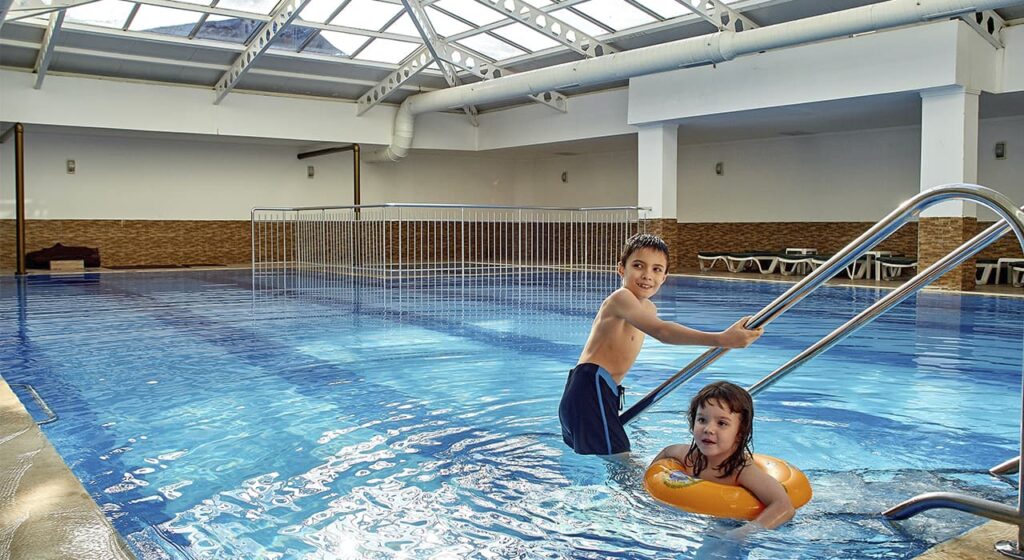
- Posted On September 19, 2020
- No Comment
Swimming has long been used as an effective therapeutic method for some injuries, neurological diseases, etc. But “you should go to the pool” is too general a recommendation; in this case, the strict control of specialists – instructors with special training and physiotherapists – is more important than ever.
From what age to teach a child to swim
Babies are allowed in most pools from the age of two months. Early swimming for babies is a fashionable modern method of training. But it does not teach the basics of sports, but is a developmental game that teaches the child not to be afraid of water, to feel his body.
Coaches and professional athletes to the question – at what age you can do professional swimming – you need to start from 6-7 years old: the child understands what is being said to him, is able to remember it and carry it out. Moreover, most trainers do not recommend starting before this age, as it can do more harm than good.
So, if you want your child to achieve results in sports over time, take your time. Play in the water, teach him not to be afraid, but start serious training at a conscious age.
Are there differences for boys and girls?
There are no classes to begin with. The only difference is the selection in the synchronized swimming section, which is exclusively a girl’s sport. All other sports, including water polo, are available to both boys and girls.
What a child needs for swimming
Regardless of whether you took up swimming for records or for the soul, and from what age, a child in the pool will need equipment:
- trunks / sports swimsuit;
- cap;
- shoes;
- swimming goggles;
- towels;
- sports bag
IMPORTANTLY!
You will need at least two sets of bathing suits, slippers and towels.
Exercises that will help a child learn to swim
There are several rules for teaching swimming:
The only auxiliary item is a swimming board. No circles and armbands, they will only hurt.
It is necessary to feel the bottom at first. Start practicing where the water level is slightly above the child’s waist.
Breathing control: it is necessary to learn to inhale through the mouth and slowly exhale through the nose into the water.
Practice a few simple exercises: “float” – wrap your hands around your knees, group together and hang in the water; “Star” – learn to lie on the water, stretching out your arms and legs in different directions; “Arrow” – slide horizontally, pushing off the side and stretching the body.
After learning to slide on water, add work to your legs, arms, and breathing. Practice hand movements first on the shore.
Therefore, swimming is general health, strengthening of the musculoskeletal system, hardening, emotional release and a type of sports available to any age.